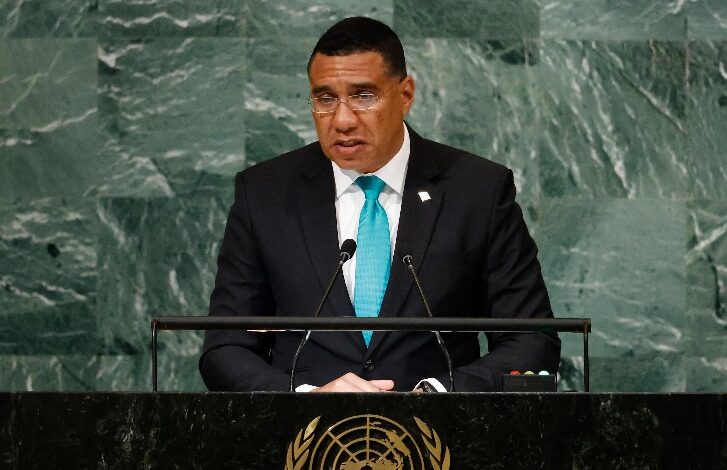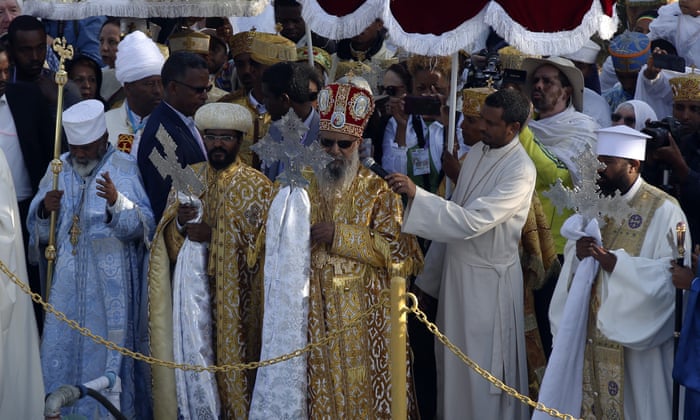
Renson Mwakandana
The largest religious group in Ethiopia, the Orthodox Church, has vowed to call for statewide demonstrations to be headed by its patriarch, Abuna Mathias.
The church has reacted negatively to recent remarks made by Prime Minister Abiy Ahmed regarding renegade clergy who were engaged in the nomination of bishops without the church’s consent.
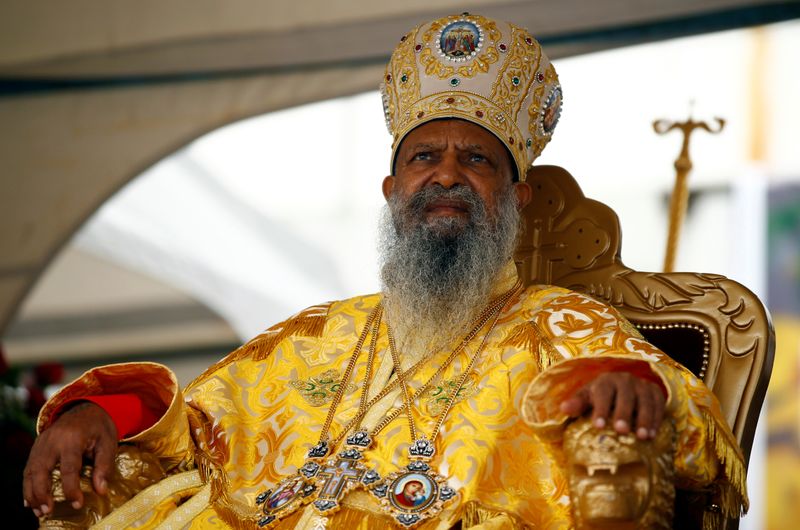
The church’s synod had already excommunicated the rebel clerics, who are from the nation’s Oromia area. Mr. Abiy’s long statements, which were shown on national television on Tuesday, followed this action. He forbade his cabinet members from meddling in the business of the church. He asserted that all sides “have truths,” nevertheless.
The synod claimed that the PM’s comments ignored its rulings, questioned its legitimacy, and gave credence to an “illegitimate power-hungry” faction. It went on to say that several of Mr. Abiy’s claims were “misleading.”
The church is allegedly sustaining a system of linguistic and cultural hegemony in which Oromian congregations are not served in their native tongues, according to the dissident clergy. The church disputes the charge. After visiting several districts in the conflict-prone western Oromia, the breakaway clergy said they had “overwhelming” popular backing.
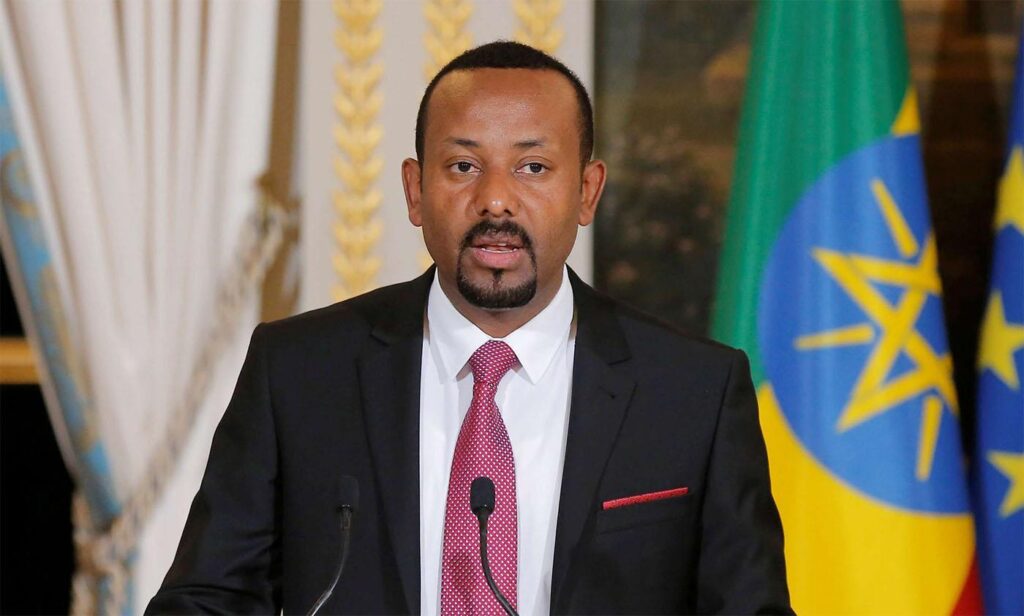
The synod’s announcement comes amid claims from the faithful that the church is aiding the rebellious clergy. It criticizes the government with intimidating and imprisoning its top officials. It promises to go on speaking out even if leading religious figures must “sacrifice their lives.”
Early on in his presidency, Mr. Abiy’s administration enjoyed good relations with the church, which claims to have believers representing about half of Ethiopia’s 110 million people.Members of the Christian community, however, have claimed to have come under attack recently.
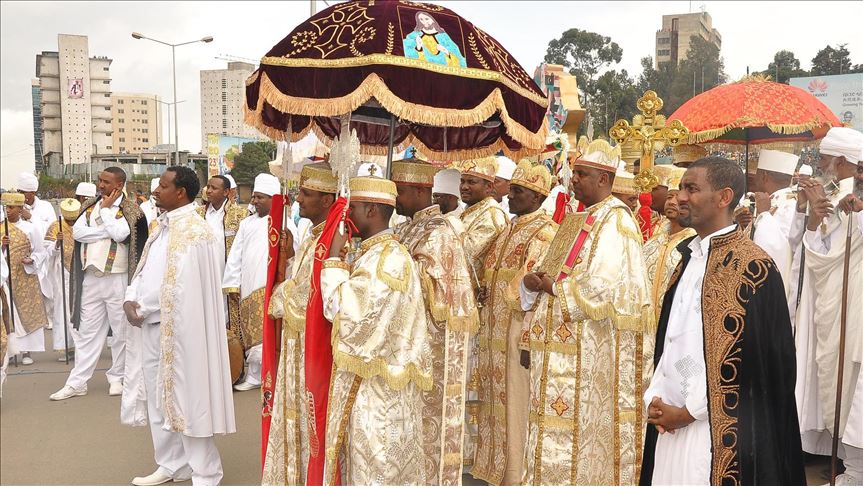
When the Tigray conflict was at its worst, relations were especially tense after Abuna Mathias spoke out against what he called genocide in the area.



